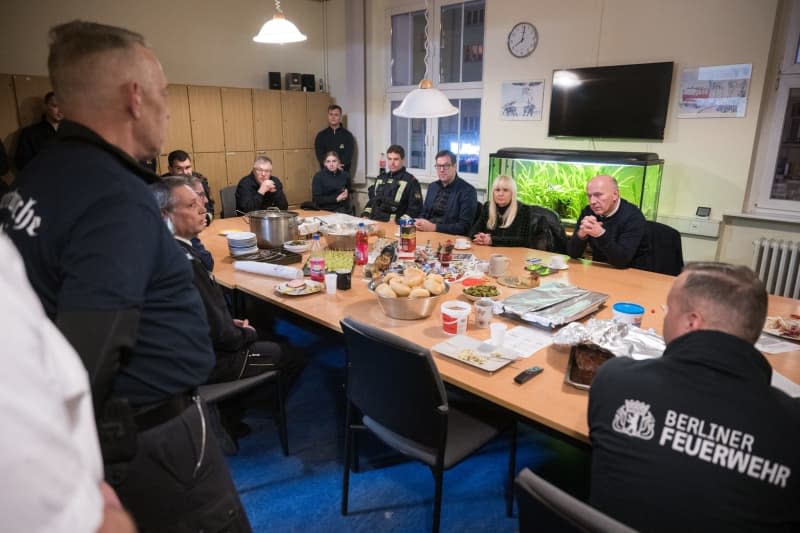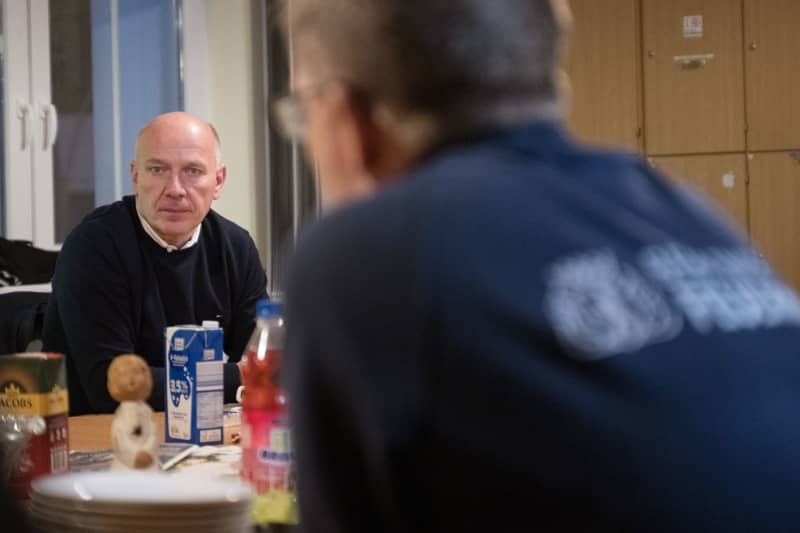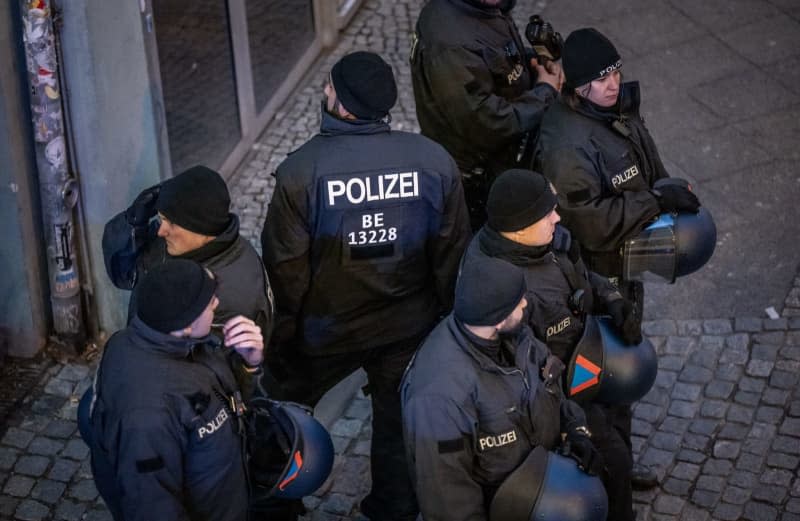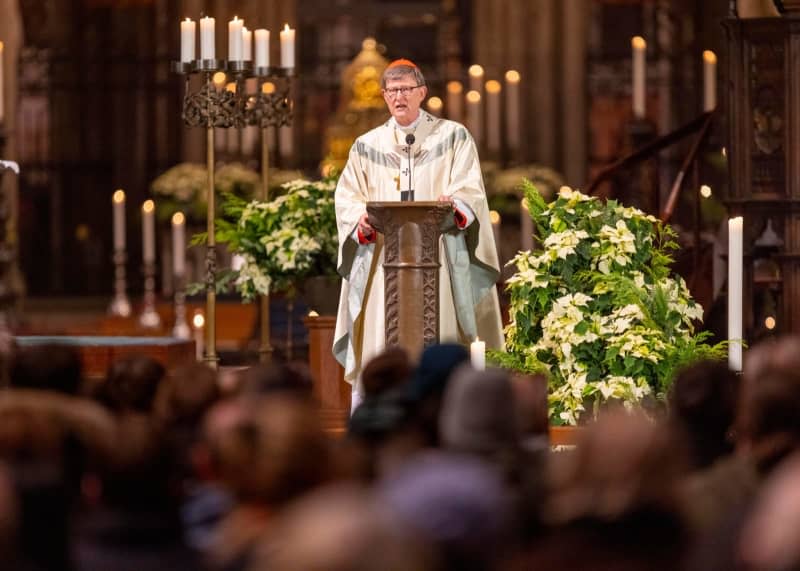Germany on edge for New Year's Eve amid attack and firework fears

Three more suspects were arrested on Sunday in connection with a planned terrorist attack on Cologne Cathedral as Germany readied for New Year's Eve celebrations, which police fear could turn violent in Berlin.
Shortly before Christmas, police received information about a planned Islamist plot against the cathedral, with the last night of 2023 seen as a possible target.
A Tajik was arrested on December 24 but further arrests were made in the same state of North Rhine Westphalia after police discovered he was part of a larger network. Flats were also searched.
The planned attack was to have been carried out with a car, Cologne police chief Johannes Hermanns told a news conference on Sunday.
North Rhine-Westphalia's Interior Minister Herbert Reul spoke of a "success, for which [he] would like to thank the investigators."
Islamist extremists had always been active, he said, but were currently more active than usual. "The police always endeavour to be a few steps ahead."
Around 1,000 officers were on duty around the cathedral on Sunday as Cardinal Rainer Maria Woelki celebrated an end-of-year Mass.
"I would like to thank our security forces ... whose presence means we can celebrate religious services whereby the fundamental right to practise religion freely remains guaranteed in our country," he said.
Authorities in Berlin have different worries and fear riots which marred last year's festivities.
Berlin Mayor Kai Wegner visited a police station in the Neukölln district, which has seen trouble on New Year's Eve in the past.
"Tonight is the night, if necessary, where the rule of law will try to assert itself. It will be a night of suppression," he told reporters, as fireworks could be heard in the background.
Around 4,500 police officers from the capital and other states are on duty in Berlin, with the big New Year's Eve party at the Brandenburg Gate already open amid strict security controls.
Around 500 people threw fireworks at each other near Alexanderplatz, a busy square in the centre of Berlin. The police dispersed the group at the landmark Neptune Fountain and checked for fireworks, the police announced on X.
"From a group of around 200 people who were at the Rathauspassagen [shopping centre], our forces were shot at with pyrotechnics," it continued, adding that arrests were being made.
Germany - especially Berlin - has a tradition of small groups sending up fireworks from the street, risking violence or injuries.
Police have banned fireworks in certain areas of the city, including parts of Neukölln, with force helicopters helping with patrols.
A police spokeswoman said the first few hours of New Year's Eve had been "relatively relaxed" and Neukölln was "very, very quiet."
As people began testing pyrotechnics in the run-up to midnight, a man in Berlin lost his hand after setting off a firework on Saturday.
The 40-year-old had ignited the rocket on the terrace of a bungalow, police said. It exploded in his hand immediately and he was taken to hospital. Further pyrotechnics were found on him and confiscated.
According to initial findings, the firework was a category F4 rocket, which is reserved for professional use.
Fireworks for New Year in Germany are only legally allowed to be publicly purchased during the last three days of the year, and only up to a certain grade.
Meanwhile a Berlin man who allegedly fired pyrotechnics from a gun on a balcony triggered a police special forces raid.
The 33-year-old was arrested on Saturday evening and officers searched his flat on the ninth floor of an apartment block, police said. A rifle, blank-firing weapon, eight airguns and corresponding ammunition as well as a knife were seized.
Germans seem so busy with fireworks that going to church on New Year's Eve or any other day seems increasingly a thing of the past, except in places such as Catholic Cologne.
According to the Chairman of the German Bishops' Conference, Georg Bätzing, the two major churches in Germany - mainstream Protestant and Catholic - are in dramatic decline.
"The loss of members is rapid, their social significance is dwindling," the Catholic bishop of Limburg was to say in his New Year's Eve sermon in Frankfurt.
The text of his speech, which was circulated in advance, read: "Our country is becoming more secular and the majority of the population is hardly approachable in religious terms."
Bätzing referred to a study on church membership published this year, for which more than 5,000 people were surveyed.
"Only 48% of the population in our country now belong to one of the two major churches," summarized Bätzing.
"The criticism of the church as an institution is confirmed, but at the same time the theory that people take their religion out of the churches and into the private sphere is refuted."




